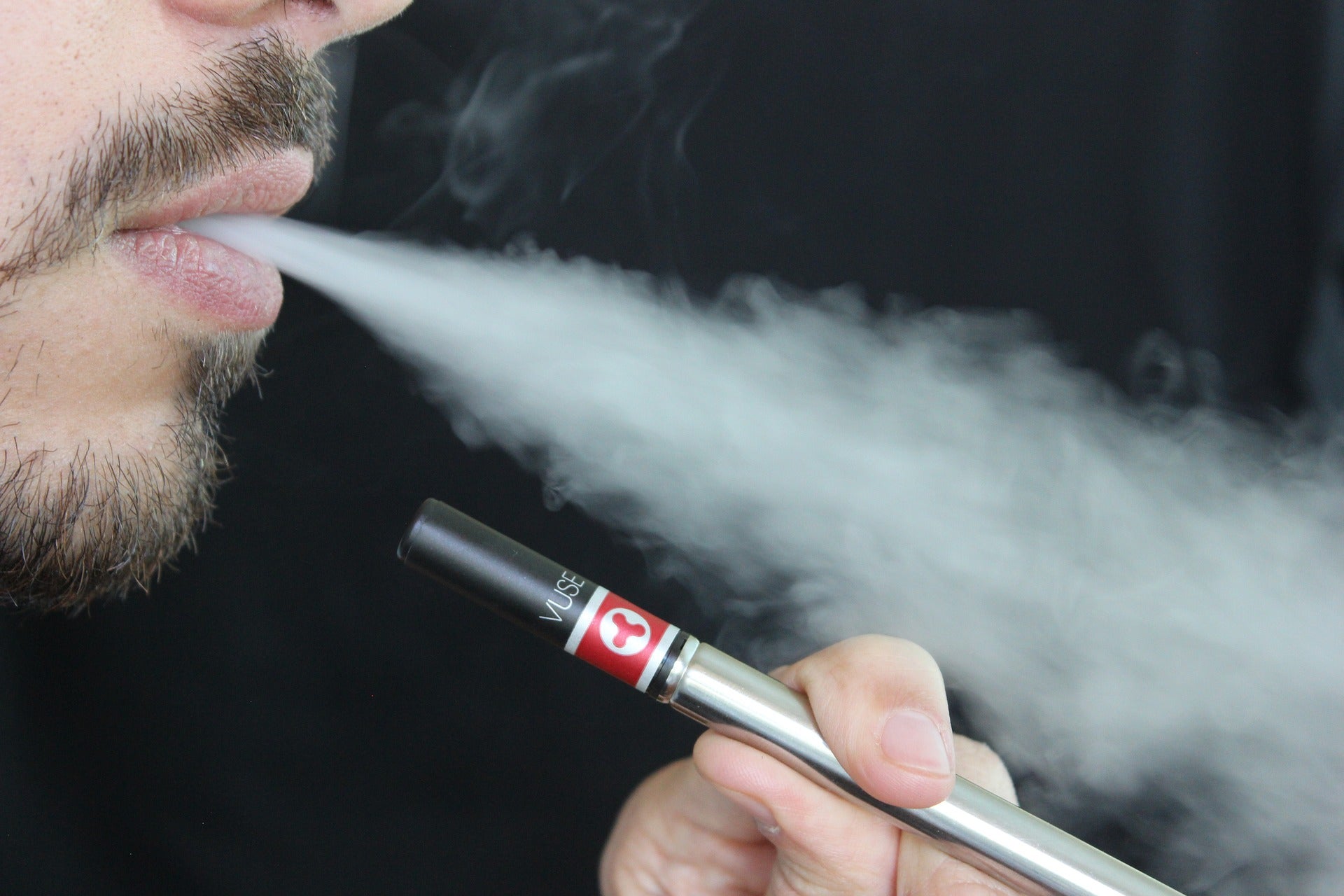Photo by: Pixabay user kc0uvb
From laser printers to the chair you’re sitting on, everyday products can hold chemicals that are potentially dangerous.
Why it Matters: Chemicals used in some common goods can have long-lasting effects on health. Many plastic products and stain repellent coatings, for example, are made from molecules with fluorine-carbon bonds, which never fully degrade. Once they make it into the environment or our bodies, they stay there. Some of those chemicals are linked to testicular cancer, kidney cancer, high cholesterol and suppression of vaccine effectiveness in children.
Plastic Products: Phthalates—synthetic chemicals used in products from vinyl flooring to food packaging to medical tubing to cosmetics—can cause reproductive harms. Studies from Harvard Chan School have shown that they can disrupt hormones, increase the risk of gestational diabetes, and raise risks of miscarriage.
Common Chemicals: Poly- and perfluoroalkyl substances (PFASs) are used in all sorts of applications, from stain repellent coatings to waterproofing sprays to firefighting foam. They can stick around for centuries. Harvard Chan School researchers found that PFASs can leach into groundwater near fire training areas, and eventually find their way into drinking water supplies. The chemicals are linked to cancer, immune dysfunction in children, obesity, thyroid disease, and other adverse health outcomes.
Laser Printer Toner: Recent studies have shown that laser printer toner powder can contain engineered nanoparticles (ENPs). Those ultra-small particles are released into the air during their use, and can work their way into the lungs, causing inflammation. Some of the ENPs go through chemical changes during printing, and form molecules similar to known carcinogens.
Resources:
- PFASs, chemicals commonly found in environment, may interfere with body weight regulation
- Synergistic effects of engineered nanoparticles and organics released from laser printers using nano-enabled toners: potential health implications from exposures to the emitted organic aerosol
- Geochemical and Hydrologic Factors Controlling Subsurface Transport of Poly- and Perfluoroalkyl Substances, Cape Cod, Massachusetts
- Exposure to phthalates may raise risk of pregnancy loss, gestational diabetes
- Stop Playing Whack-a-mole with Hazardous Chemicals
- These toxic chemicals are everywhere — even in your body. And they won’t ever go away.
- At Harvard Chan School, nano safety is no small concern

E-Cigarettes and Lung Disease
Chemicals linked with severe respiratory disease found in common e-cigarette flavors.

Are “Green” Dry Cleaning Solvents Bad for Our Health?
There are about 36,000 commercial dry cleaning shops in the United States. These shops are usually small businesses that are marginally profitable and owned and staffed by individuals with limited English proficiency. Due to these economic and logistical factors, they can have challenges maintaining a safe and healthy workplace.

Health and Safety in the Dry Cleaning Industry
n her interview with the Harvard Chan This Week In Health podcast, Diana Ceballos, Research Scientist at Harvard T.H. Chan School of Public Health, explores why the dry cleaning industry faces hurdles as it tries to switch to less toxic cleaning solvents, plus what the U.S. can learn from Europe when it comes to chemical…

Investors Turn To Science And Big Data To Make More Sustainable Investments
Investors are increasingly using big data to provide additional insight into sustainability issues
Groundwater contamination near Georgia air bases worries experts, residents
Groundwater near three air bases in Georgia is contaminated with toxic chemicals that are linked with cancer and other health problems, according to recent tests by the Air Force—and experts and nearby residents are worried about drinking water contamination. The chemicals in the groundwater, known as per- and polyfluoroalkyl substances (PFASs), are found in a…

